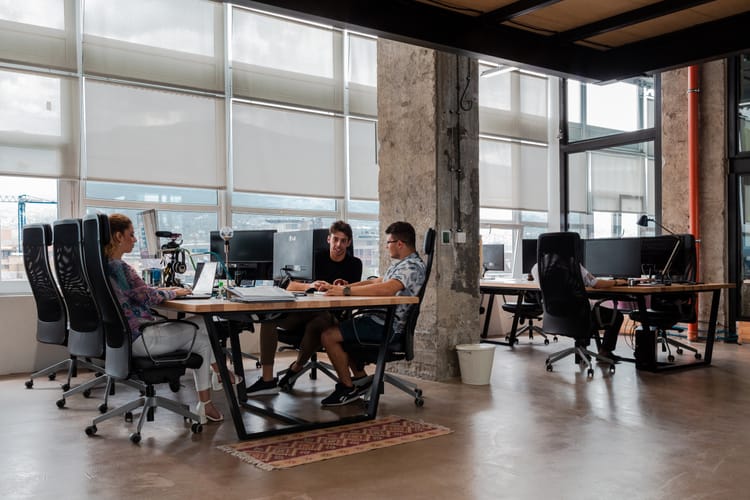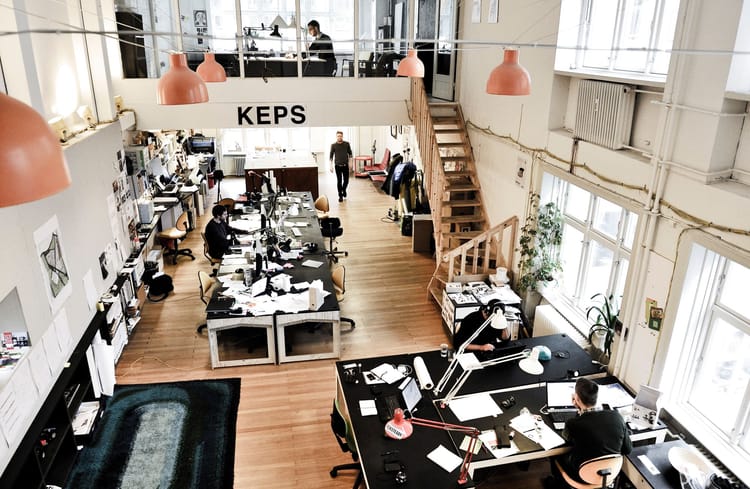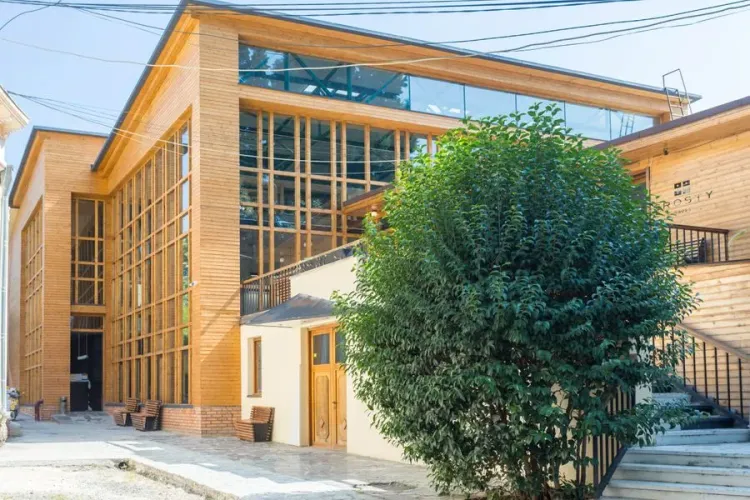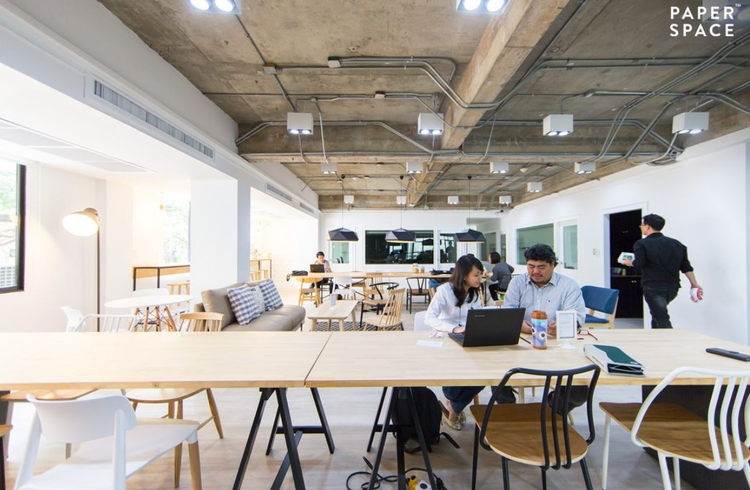Scaling Your Coworking Brand: Insights on Sustainable Growth and Impact from Workshop17
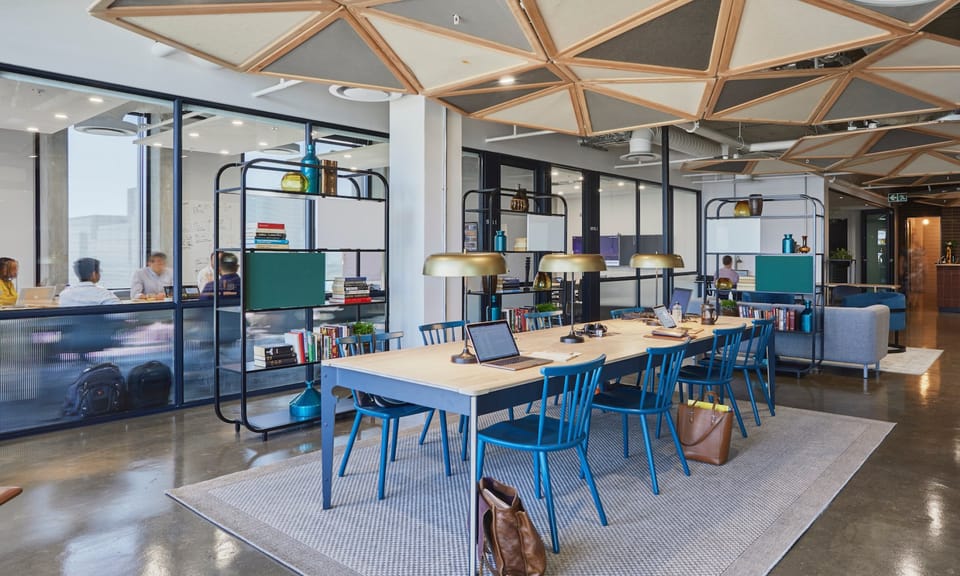
The year is drawing to a close, just in time for us to turn our attention to a defining challenge in the coworking industry: growth. Beyond the pursuit of larger footprints or additional locations, growth in coworking demands a nuanced approach—one that prioritizes amplifying impact, deepening community ties, and advancing a clear sense of purpose. In this final chapter, we decode the strategies that underpin sustainable growth, taking cues from pioneering brands in South Africa, Denmark, and Bulgaria. By dissecting the interplay of design, operations, and mission, we explore what it truly means to grow—not just in scale, but in significance.
As coworking evolves from a niche offering to a cornerstone of modern work culture, the question of growth has become a defining challenge. Scaling offers coworking operators the opportunity to amplify their purpose, extend their reach, and deepen their impact. Yet, as the industry has seen, rapid expansion without a clear strategy or mission can lead to instability and compromise the very essence of what makes coworking thrive. Growth at all costs may build headlines, but it doesn’t build sustainable brands.
The coworking boom of the last decade revealed both the promise and pitfalls of scaling. While some operators pursued aggressive growth strategies fueled by capital and ambition, others prioritized thoughtful expansion, embedding their spaces within local ecosystems and aligning growth with member needs. The difference between success and struggle lies in the ability to scale with purpose, balancing the pressures of expansion with a commitment to authenticity.
In this final exploration of the year, we delve into the mechanics of meaningful growth. Through case studies spanning South Africa, Denmark, and Bulgaria, we explore how coworking spaces can navigate the complexities of scaling while preserving their identity. From asset-light models that enable operational agility to community-driven strategies that foster deeper connections, these examples illustrate how growth, when done right, can enhance rather than dilute a brand’s impact.
One such case study focuses on a coworking operator that has grown from a single space in a bustling urban district to a network of spaces across multiple countries. Their approach to growth demonstrates the power of mission-driven decision-making, strategic partnerships, and operational resilience. By embedding themselves within local markets and embracing models that reduce risk while maximizing community engagement, they show that thoughtful scaling is as much about values as it is about strategy.
As coworking spaces redefine how we work, the way they grow will shape their relevance in the years to come.
This exploration offers a framework for operators looking to expand not just their footprints but their influence. Growth in coworking isn’t about chasing size; it’s about cultivating significance—building spaces that serve as hubs of innovation, collaboration, and lasting impact.
➡ Rethinking Growth in Coworking Spaces, Some Food For Thoughts
➡ 5 Key Insights into Growth at Workshop17
➡ Coworking Case Study: An In-Depth Conversation with Paul Keursten, Co-Founder and CEO of Workshop17
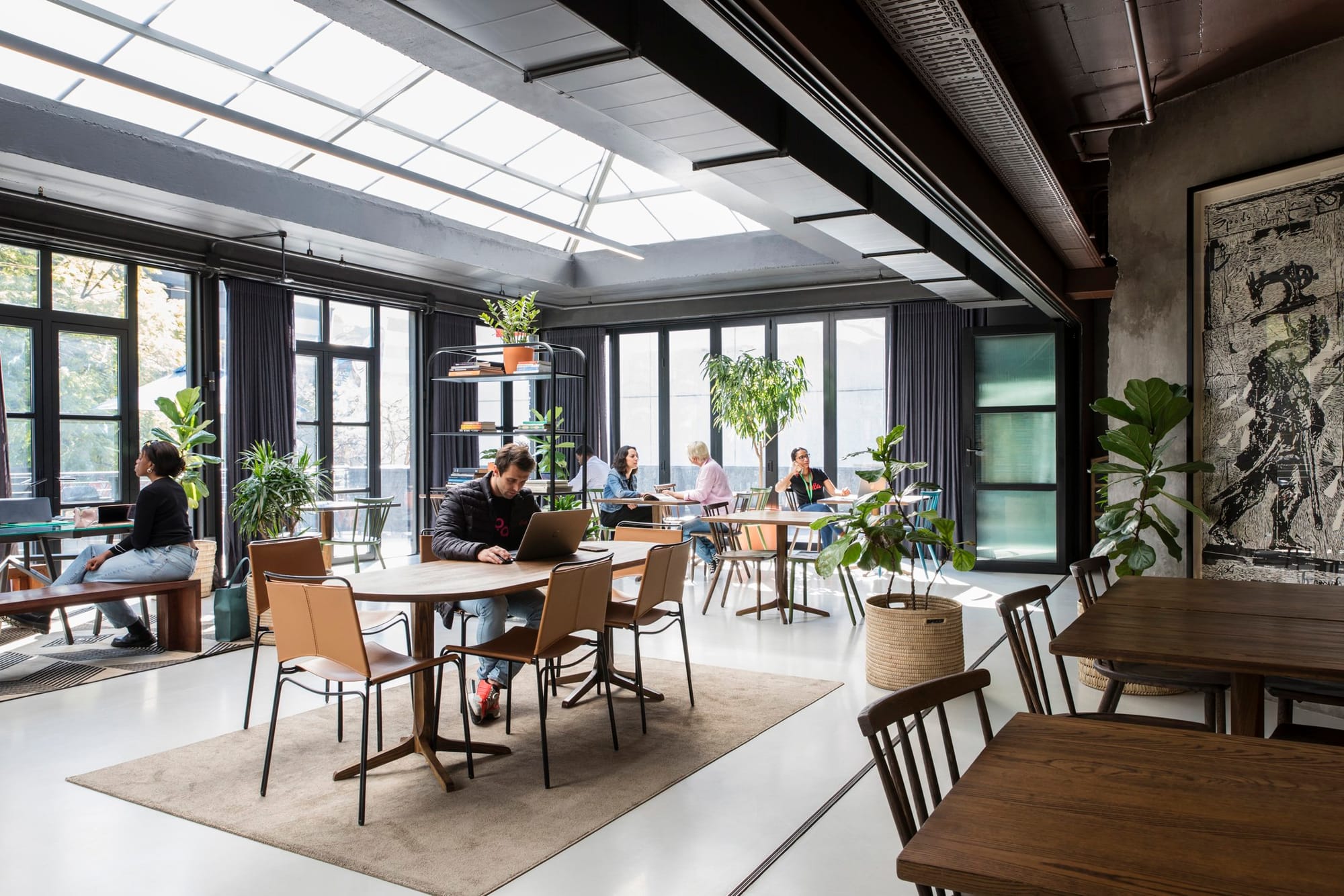
Rethinking Growth in Coworking Spaces, Some Food For Thoughts
In the coworking industry, growth is not merely a metric of success—it is a strategic imperative that redefines how operators create value. Scaling effectively requires more than increasing square footage; it demands a deliberate approach to enhancing member experiences, strengthening community connections, and expanding impact. The true challenge lies in achieving growth that reinforces a coworking brand’s purpose and identity, rather than diluting it.
Awareness: Cultivating Recognition Before Expansion
The first layer of growth in coworking lies in cultivating awareness—not simply of what a coworking space offers, but of how it contributes to the local ecosystem. Building recognition involves more than marketing campaigns; it’s about positioning your space as a hub of opportunity and innovation. Open houses, collaborations with local businesses, and intentional design choices that reflect the community’s identity create a narrative that draws people in.
Awareness is not an external effort but an extension of your brand’s story. The most effective coworking spaces cultivate visibility through authenticity, aligning their purpose with the needs and aspirations of their local market.
Community: The Catalyst for Organic Growth
While coworking spaces often market their physical attributes, the true differentiator is the people within. Community is the engine of coworking success, transforming members into advocates and spaces into movements. Vibrant communities emerge from intentional engagement that fosters ongoing connections. Strong communities not only drive retention but also become the foundation of sustainable expansion.
A thriving coworking community is more than a collection of individuals; it is a self-reinforcing ecosystem that multiplies value for all members. Operators should focus on cultivating environments where collaboration, innovation, and connection naturally flourish.
Revenue: The Art of Diversification
For coworking operators, revenue growth requires looking beyond traditional desk rentals. Underutilized spaces can be transformed into event venues, partnerships with local businesses can add layers of value, and recurring requests from members can signal opportunities for new services. Monetizing these touchpoints not only drives financial growth but also enhances the overall member experience.
Revenue diversification is not simply a financial strategy—it’s an opportunity to meet the evolving needs of your members. Operators should continually assess underused assets and market demands, turning them into sources of both income and engagement.
Impact: Expanding Beyond the Workspace
True growth extends beyond operational metrics to create lasting impact. The most successful coworking spaces integrate themselves into local ecosystems contributing to social and economic progress. Growth rooted in impact doesn’t just benefit members; it strengthens the community at large.
Stay tuned for more reflections on the meaning of growth in coworking spaces in next week’s coworking case study.

